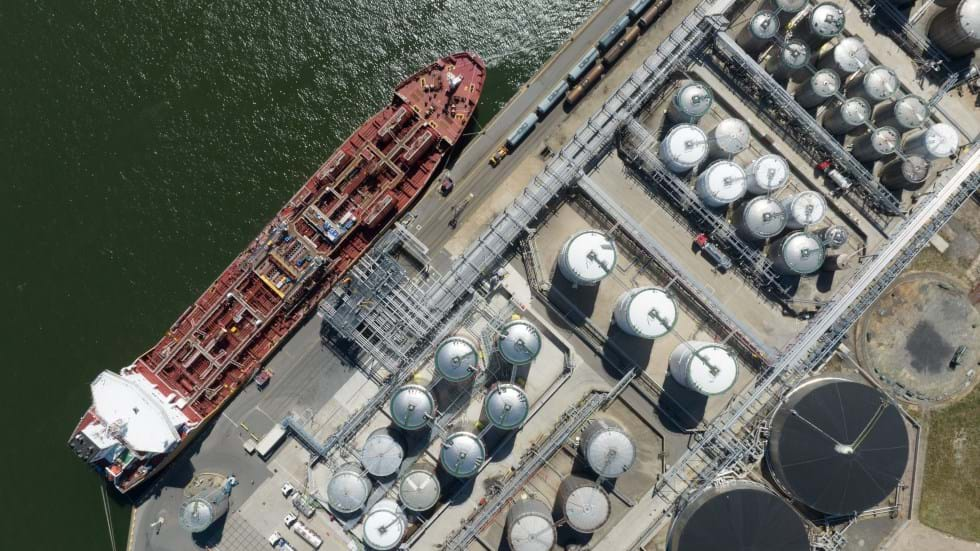Wood wins contract to design €1.5bn fossil-free plastics plant

WOOD GROUP has won the front-end engineering and design (FEED) contract for a novel plant that will produce plastics using methanol and renewable energy instead of fossil fuels.
The multimillion-dollar contract has been awarded by Vioneo, a firm launched last year by the Maersk shipping family. The plant will cost €1.5bn (US$1.7bn) to build and is expected to begin operations in Antwerp, Belgium in 2028. It will have the capacity to produce 300,000 t/y of polyethylene and polypropylene plastics.
Gerry Traynor, Wood’s president of eastern hemisphere projects, said: “Wood’s strong track record of delivering world-first projects of this size and scale will support Vioneo’s ambitions of becoming the leading producer of fossil-free plastics in Europe.”
The plant will use Honeywell’s methanol-to-olefin process to produce propylene and ethylene which are building blocks for many everyday items including packaging, medical equipment, car parts, and toys. Honeywell is also providing its light olefins recovery process (LORP) and olefins cracking process (OCP) to improve efficiency and yield by saving energy and capturing and reusing byproducts.
“This initiative offers Europe the opportunity to lead the €5 trillion chemicals and materials sector's defossilisation. Our collaboration with Wood is a crucial step in realising this vision,” said Vioneo CEO Alex Hogan.
Renewable energy will be used to power the plant and Vioneo will feed it with methanol made only from biogenic CO2 and green hydrogen.
“This technology will play a crucial role in helping transform the production of olefins, helping advance the shift away from plastics made from fossil-derived feedstocks and supporting a path to a net zero emissions future for the region,” Honeywell UOP’s president Rajesh Gattupalli said when the deal with Vioneo was announced in January.
It’s estimated that 800,000 t/y of methanol will be needed to supply the plant. Data from the Methanol Institute shows there is currently just 16,500 t/y of bio-based methanol being produced in mainland Europe by BASF at its Ludwigshafen plant in Germany. Three others with a combined capacity of 397,500 t/y are expected to come online in the Netherlands by 2028.
The Methanol Institute estimates that there will be 7–14m t/y of renewable methanol production around the world by 2030, equivalent to between 20% and 40% of the projects currently being planned.
Recent Editions
Catch up on the latest news, views and jobs from The Chemical Engineer. Below are the four latest issues. View a wider selection of the archive from within the Magazine section of this site.




